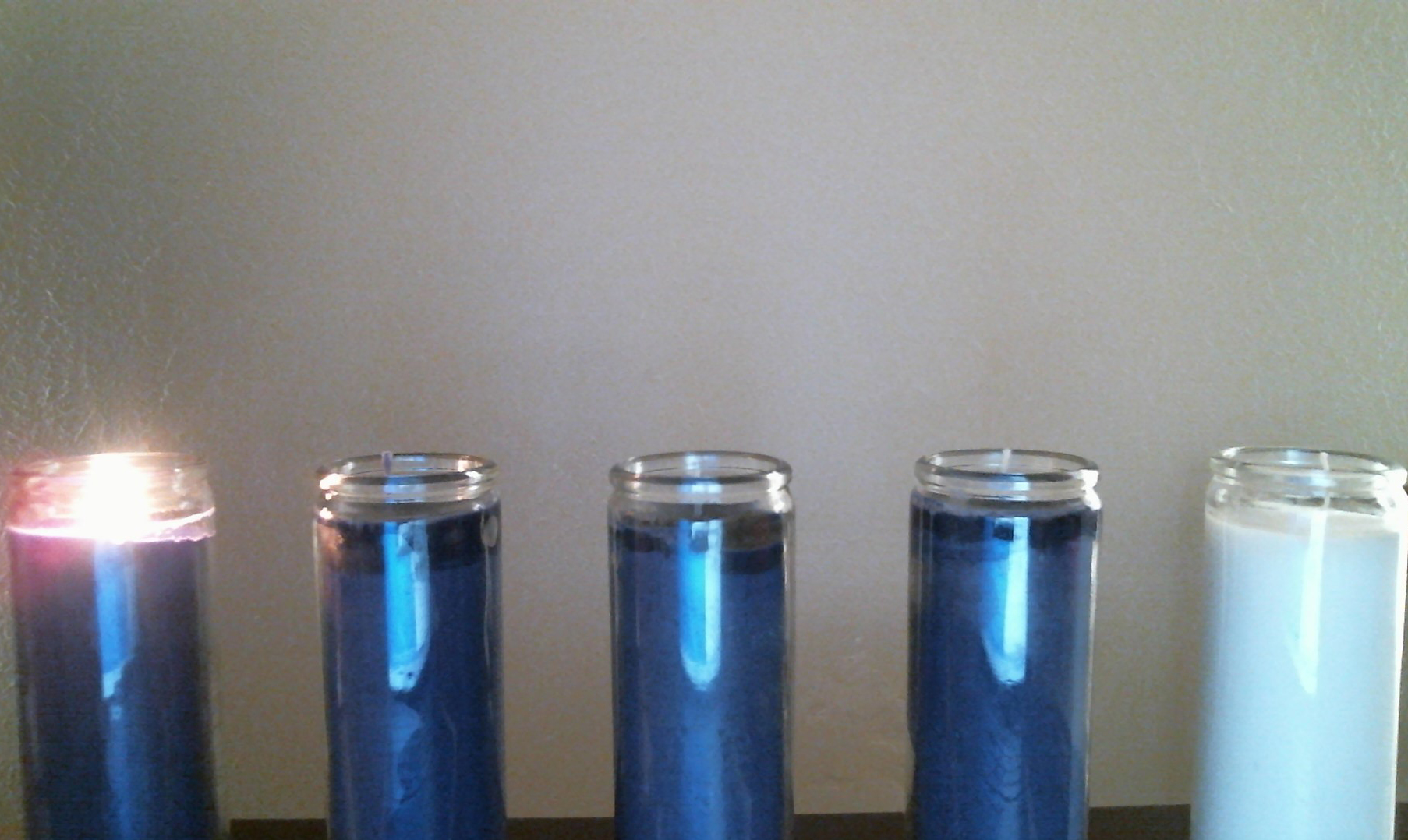
There is no one who calls on your name
or attempts to take hold of you,
for you have hidden your face from us
and have delivered us into the hand of our iniquity.
Yet, O Lord, you are our Father;
we are the clay, and you are our potter;
we are all the work of your hand.
Do not be exceedingly angry, O Lord,
and do not remember iniquity forever.
Now consider, we are all your people.
I remember seeing a comic strip–I don’t recall which one–in which a child is speaking to his parents, who are clearing angry about something the child has done. The child asks, “Which do you think it is, heredity or environment?”
Today’s reading has the familiar image of God as potter, with humans as his clay. But the context is the writer questioning God, effectively suggesting that if we are doing wrong, that’s just how God mad us…kind of like the child in the comic strip suggesting that the fault must lie in the parents.
This is anothervariation on two eternal questions:
- Why is there evil in the world, and
- Why did God give us free will to act against his direction.
As much as I would like to, I don’t have answers for these. Many have tried to find explanations; while some are more satisfactory than others, no one has yet come up with a really perfect one.
We’re again reminded that we aren’t the first people to question why God does what he does; many people far smarter an far more faithful than us have asked the same questions and had to accept that there isn’t a great answer available.
We’re left with the paradox that there is evil in the world; therefore, if God created the world, he had to create or at least allow that evil.
Maybe the best we can do is, like the writer, summon the courage to remind God that we are his people–and in reminding God of that, also remind ourselves.
One phrase the passage uses is especially interesting, when it says, “you have hidden yourself from us.” Even in accusing God of being out of sight, the writer doesn’t doubt God’s presence, just his visibility. Even when circumstances keep us from seeing God, we know he is there.
Before we go too deeply into the darkness, though, it’s worth a reminder that Advent is about facing up to the darkness because we are confident that the light will come. We read the discouraging passages of scripture to remind ourselves that, when we doubt and when we are fearful we are not alone. It might be hard to believe sometimes that God is really with us when we can’t see him, but we can remember that others have experienced exactly the same doubts and fears, and moved forward through them to see God’s blessings.
We are God’s people–the work of his hands. God will not forget that. Neither should we.